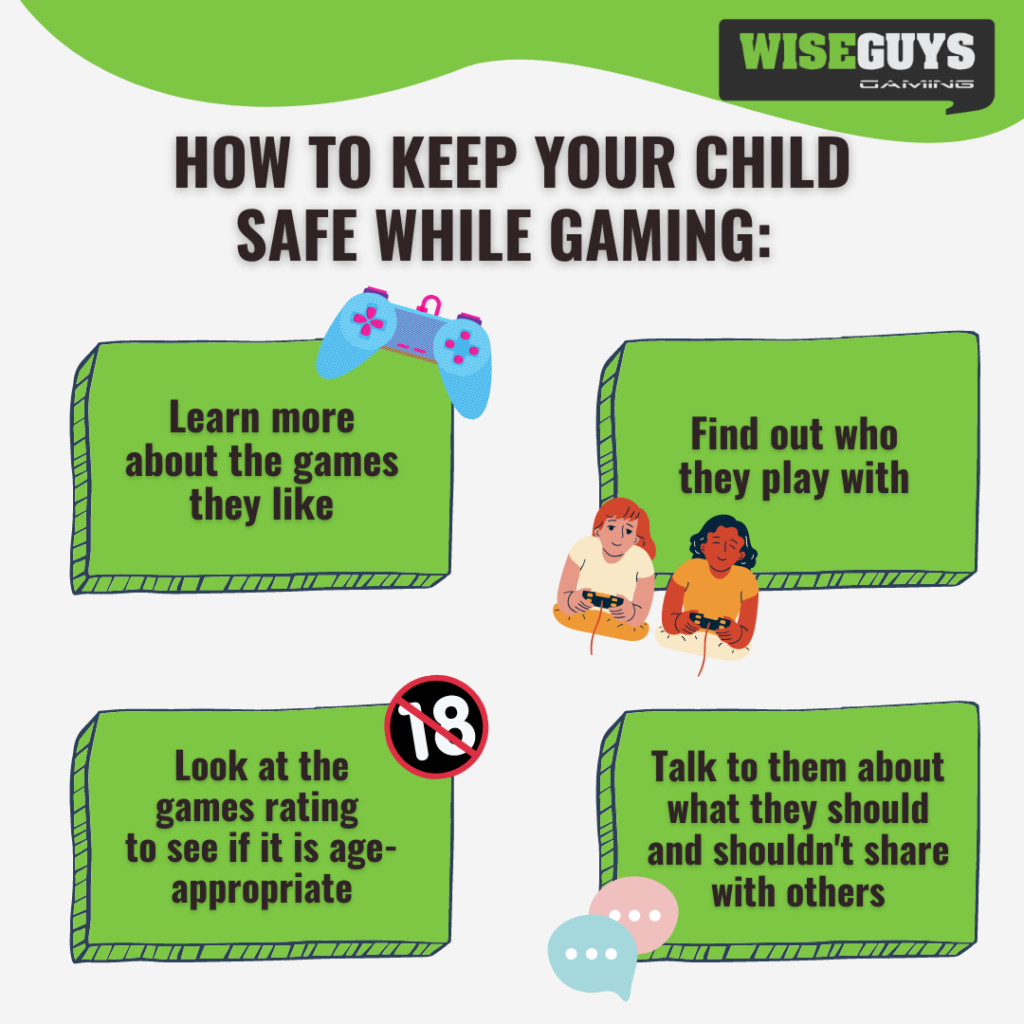You may have seen parenting articles or books telling you to hide their games or iPads, in case they get too addicted, but what could be more positive ways to do this?
You have probably already read our guide on how to set up parental control in their consoles, or how to keep gaming healthy, but how do you teach them to control their videogame addiction?
DISCLAIMER: Remember your child and parenting skills may differ from what we write about. There is no parenting book or article which can fully tell you how to treat your child. You choose what tips to follow, we have here to help.
Why is my child addicted to videogames?
Video games are often created to have a persuasive design to encourage players to keep playing. With the addition of social media in many of the newer games, interaction with other players is one more reason why players keep playing and want to play longer. They may be playing with their real-life friends or people online, and that may take a lot of their free-time which could be spent doing homework or going outside.

- LEARN MORE ABOUT THE GAMES THEY LIKE: Take an interest to find out what games they talk about and what they want to play, how they work and why they like them.
- FIND OUT WHO THEY PLAY WITH: Ask who they play with online, and if they know them in real-life. Online friends are still real friends, but it is important to monitor how they talk or chat with them.
- LOOK AT THE GAMES RATING TO SEE IF IT IS AGE-APPROPRIATE: Use PEGI ratings or look at the game ratings to find out if they are age-appropriate for your child.
- TALK TO THEM ABOUT WHAT THEY SHOULD AND SHOULDN’T SHARE WITH OTHERS: It is important to teach children boundaries on what to share online and what not to share.
What can I do as a parent?
One of the first things to do to help your child balance their gameplay with their offline activities is to talk to them to make them aware of this point and work together on a familiar plan that sets boundaries when they play, what they play and for, how long can they play for, etc.
Children will often bend or break agreed rules, so it’s important to be consistent if you’ve accepted a set of limits and stick to them with clear consequences if they’re broken.
Also, helping them stick to the rules by using the tech tools to stop the game when they run out of time in a day or week can be of great help. Many consoles and smartphones have control settings that you can use for free.
Finally, giving them a simple 5 to 10 minute warning before they have to stop could help them wind up the game and not feel the pressure to stop mid-game.



Recent Comments